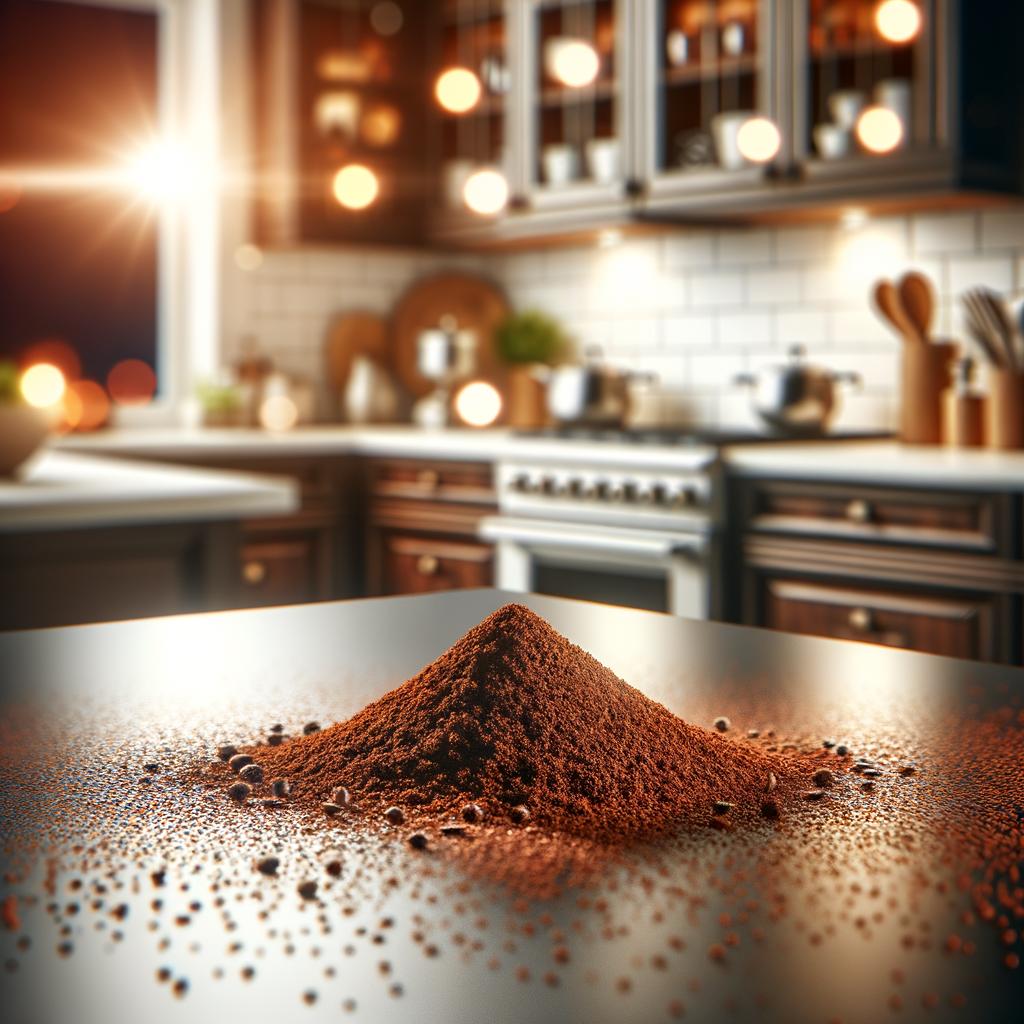Instant Coffee Powder

Description Instant coffee, a magical concoction of convenience and tradition, is a type of coffee made from dried coffee extract. It appears as a fine, dark brown powder, sometimes crystallized into granules, and has a rich, enticing aroma that is quintessentially coffee. The flavor profile of instant coffee is robust and full-bodied, although it can vary based on the quality and type of coffee beans used in its production. What sets instant coffee apart from traditional coffee is its ease and speed of preparation, requiring only hot water to produce a cup of invigorating coffee.
Primary Uses Instant coffee powder is primarily used to make a quick cup of coffee, but its uses extend far beyond just a beverage. It is a versatile ingredient in the culinary world, used in a wide array of dishes to impart a rich, coffee flavor. It is a key component in many desserts like tiramisu, coffee-flavored cakes, and ice creams. It can also be used in savory dishes, adding a depth of flavor to stews and sauces. Instant coffee powder is also a popular choice for camping trips due to its lightweight and easy-to-carry nature. Its non-culinary uses include being used as a natural dye and deodorizer.
History The history of instant coffee dates back to the late 19th century, with the first version being invented by David Strang of New Zealand in 1889. However, it was the Nescafé brand that popularized instant coffee globally during World War II, providing soldiers with a quick, morale-boosting beverage. Over time, instant coffee has evolved in its production methods and quality, becoming an indispensable part of modern life. There's a romantic notion to the idea of instant coffee bridging the gap between the traditional coffee brewing methods and the fast-paced lifestyle of today.
Nutritional Information Instant coffee is low in calories, with a typical serving containing only 4 calories. It is also a good source of antioxidants, which can help reduce inflammation and boost health. While it contains less caffeine than regular coffee, it still provides a decent amount to help kick-start your day or provide a midday pick-me-up. Instant coffee also contains small amounts of potassium, magnesium, and niacin (vitamin B3). However, it's important to consume it in moderation due to its caffeine content. Compared to regular coffee, instant coffee has a similar nutritional profile but may contain slightly less antioxidants.
The story of instant coffee is one of innovation, convenience, and adaptability, making it a beloved ingredient in kitchens around the world.

